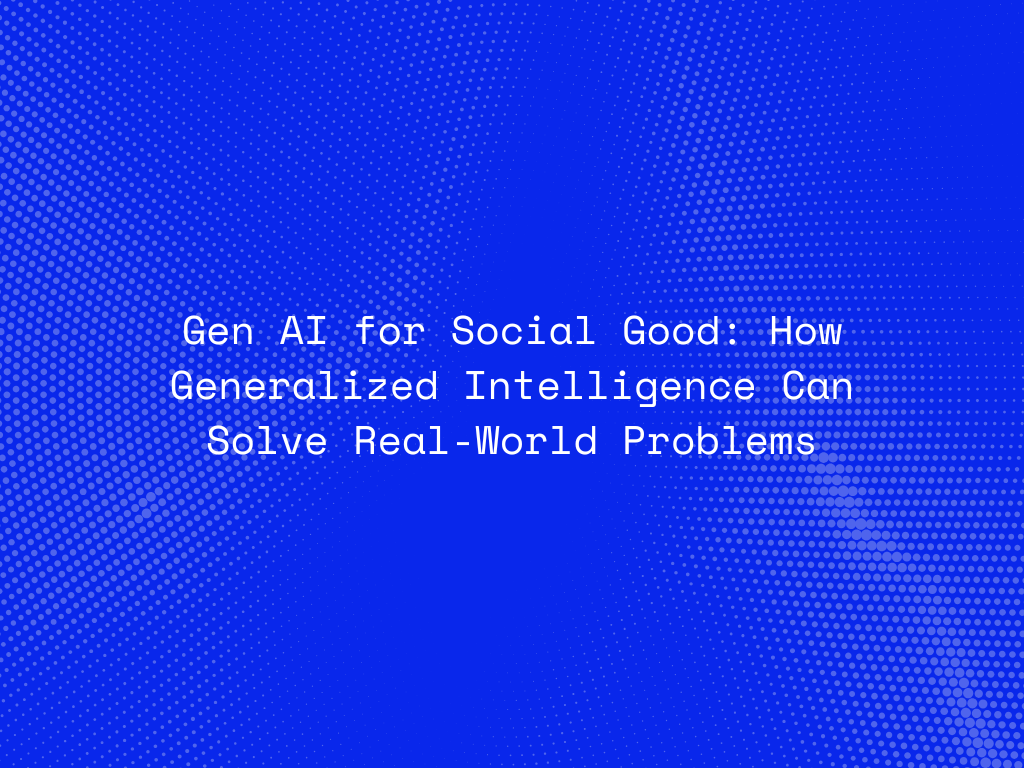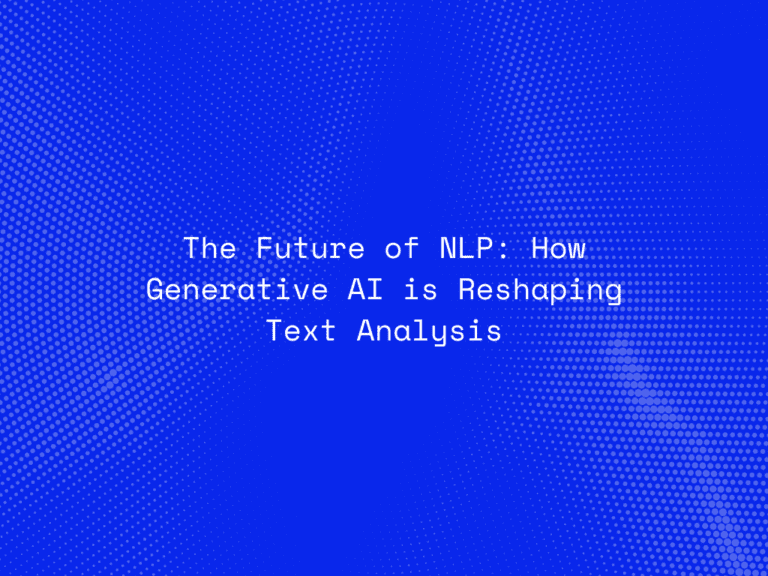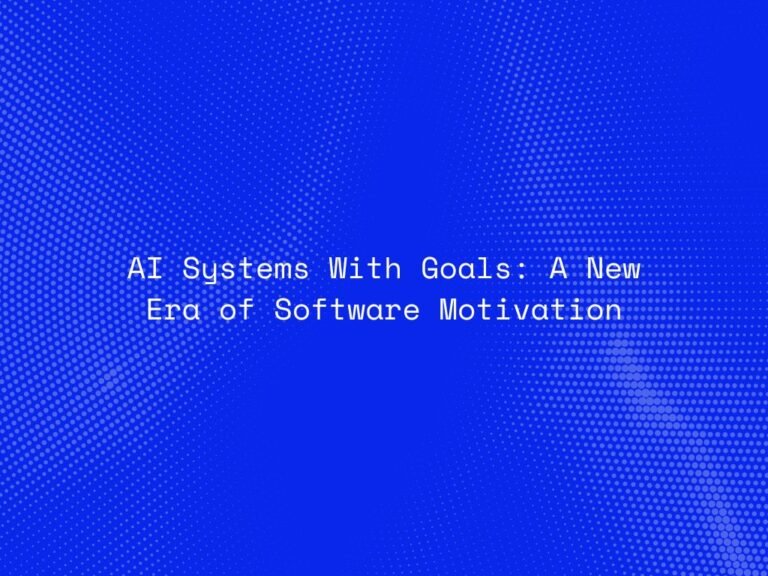Generative AI is transforming various fields, not only by powering advancements in business and entertainment but also by addressing critical social issues. From improving healthcare and education to combating climate change, Generalized Intelligence has the potential to create meaningful, positive change. This article explores the role of Gen AI for social good, highlighting how it can help solve real-world problems and improve lives globally.
Applications of Gen AI for Social Good
- Healthcare Advancements: Generative AI is revolutionizing healthcare by assisting in medical diagnostics, predicting outbreaks, and creating personalized treatments. AI models can analyze patient data, identify disease patterns, and suggest effective treatments, helping doctors make informed decisions.
- Environmental Sustainability: AI systems are being developed to monitor and protect natural resources. From predicting natural disasters to optimizing energy consumption, AI-driven solutions can help mitigate environmental damage and reduce human impact on the planet.
- Education Accessibility: Generative AI-powered systems can create personalized learning experiences, translating educational content into multiple languages and making quality education more accessible, especially in remote or underserved areas.
- Disaster Response and Management: AI models can analyze social media posts, satellite images, and sensor data to provide insights during natural disasters, helping authorities allocate resources efficiently and ensuring timely relief efforts.
Key Benefits of Generative AI in Social Impact
- Scalability: AI models can handle large volumes of data, making it possible to address widespread issues in health, education, and environment on a global scale.
- Efficiency: AI automates tasks that would require significant human resources, allowing organizations to focus on more complex challenges while AI handles repetitive tasks.
- Data-Driven Decision Making: Generative AI processes vast amounts of data, providing actionable insights that can lead to informed, impactful decisions for social good.
Challenges in Using AI for Social Good
- Ethical Concerns: While AI has immense potential, ethical concerns like privacy, bias, and accountability are paramount. Ensuring that AI systems operate transparently and fairly is essential to maintain public trust.
- Access to Quality Data: Generative AI relies heavily on data to perform accurately, but access to high-quality, unbiased datasets can be challenging, especially in underdeveloped regions.
- Resource Constraints: Many organizations working in social impact lack the resources to deploy advanced AI systems, creating a technology gap that limits the potential benefits of AI.
How Organizations Are Using Gen AI for Positive Change
- AI for Social Good Initiatives: Companies and nonprofits are launching initiatives that leverage AI to tackle social issues. For instance, AI-powered tools help analyze climate data, predict natural disaster patterns, and support environmental research.
- Public-Private Partnerships: Collaboration between government entities, tech companies, and NGOs accelerates AI-driven solutions for social good, enabling resource sharing and increased impact.
- Open-Source AI Projects: Open-source platforms make AI tools and models accessible to a wider audience, allowing innovators in low-resource areas to develop their own solutions for local challenges.
The Future of Gen AI in Social Good
- Increased Accessibility of AI Tools: As AI technology becomes more affordable, more organizations will be able to leverage these tools for social impact projects, especially in healthcare and education.
- Improved Ethical AI Practices: Developing frameworks for ethical AI use will ensure that AI technologies are deployed responsibly, with a focus on transparency, fairness, and user safety.
- Collaborative AI Solutions: The future of AI for social good lies in collaboration, with various stakeholders working together to address global challenges, from hunger and poverty to climate change and inequality.
Conclusion:
Generative AI holds immense promise for addressing real-world problems, from improving healthcare and education to protecting the environment. By investing in AI for social good, organizations can unlock the full potential of Generalized Intelligence to create a safer, healthier, and more equitable world. However, ensuring ethical practices and addressing data and resource limitations will be essential to realizing AI’s potential for lasting, positive impact.




